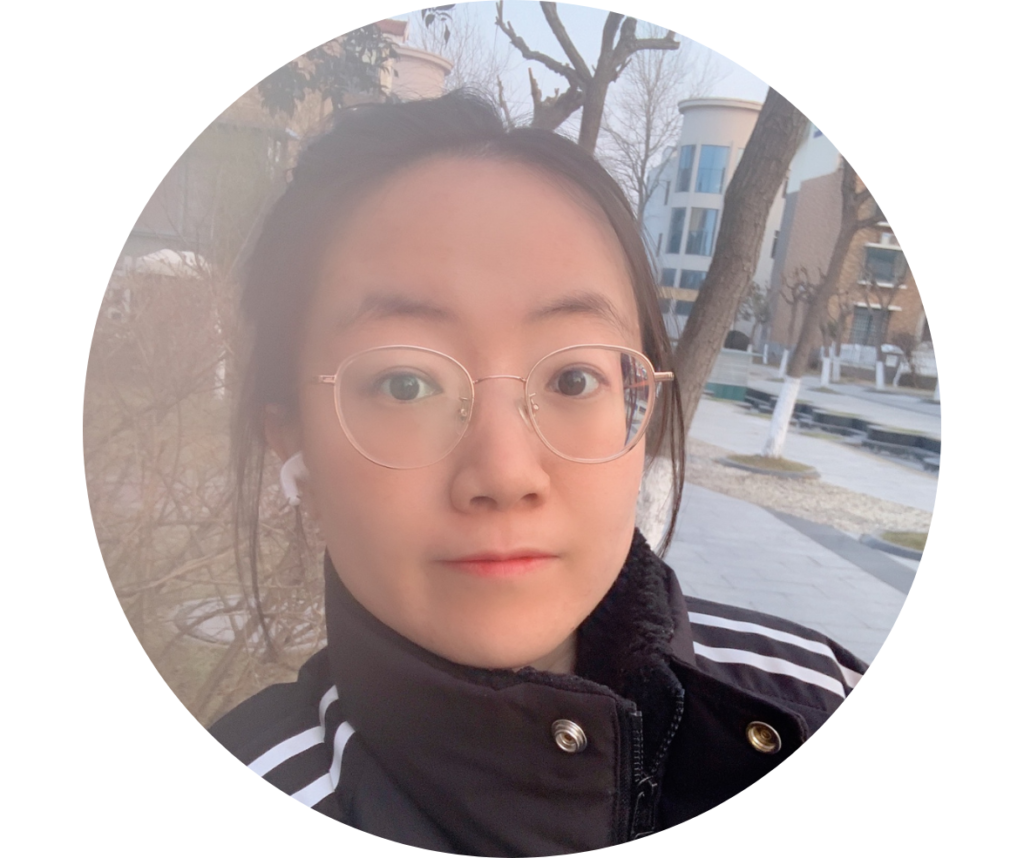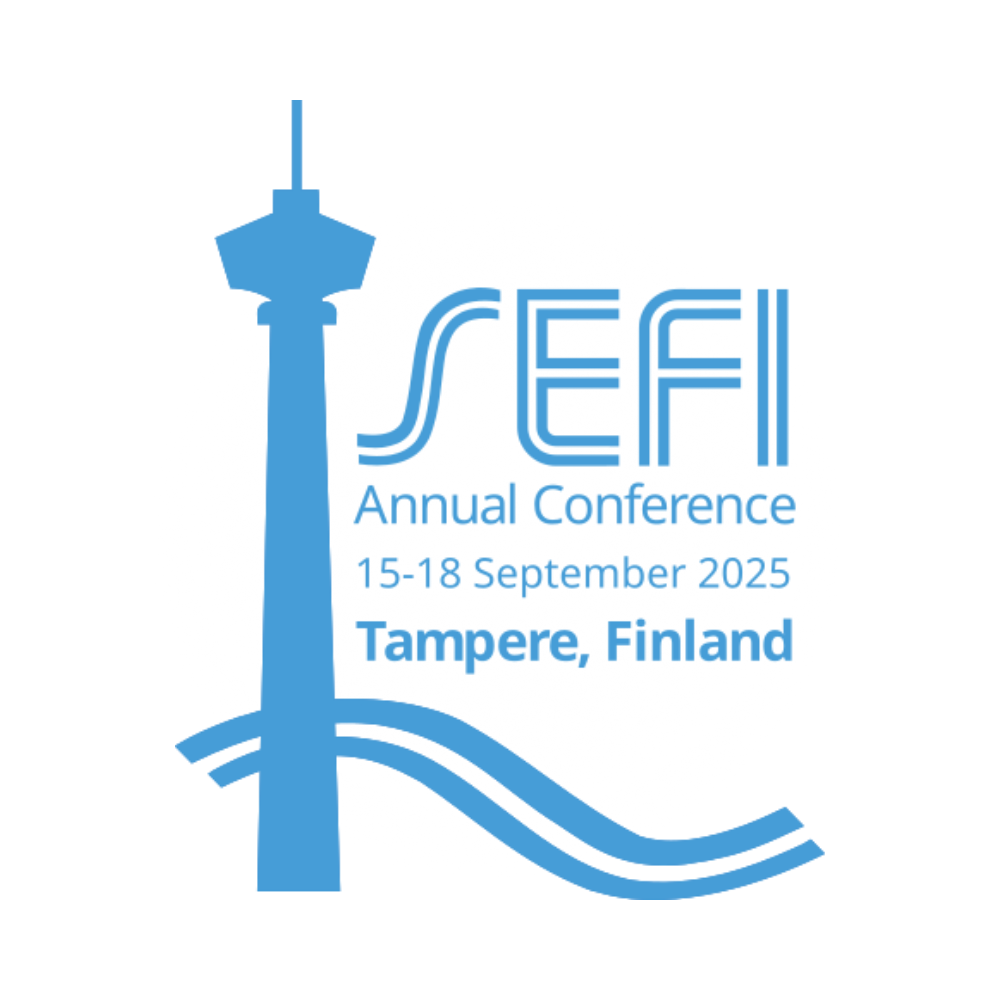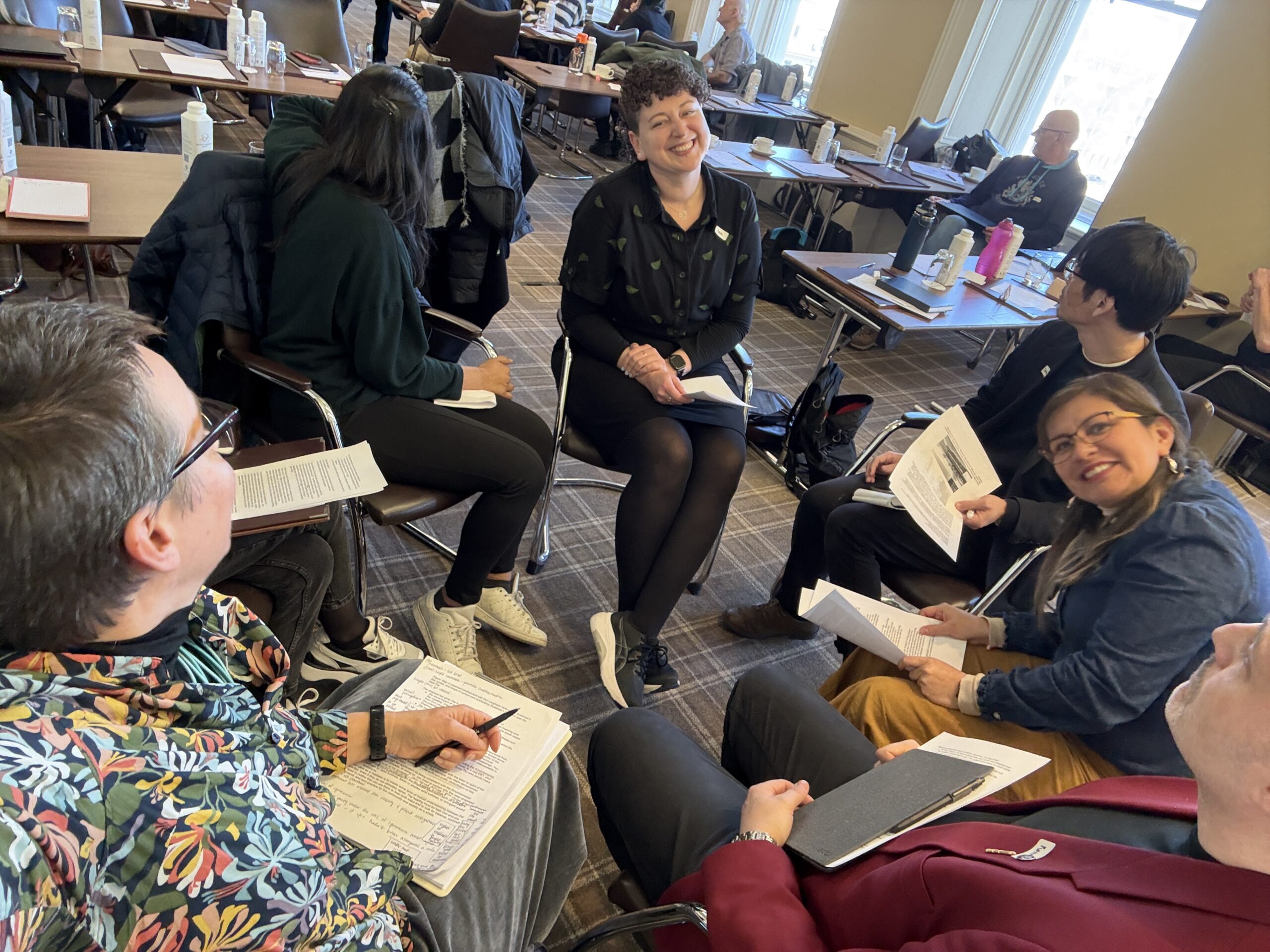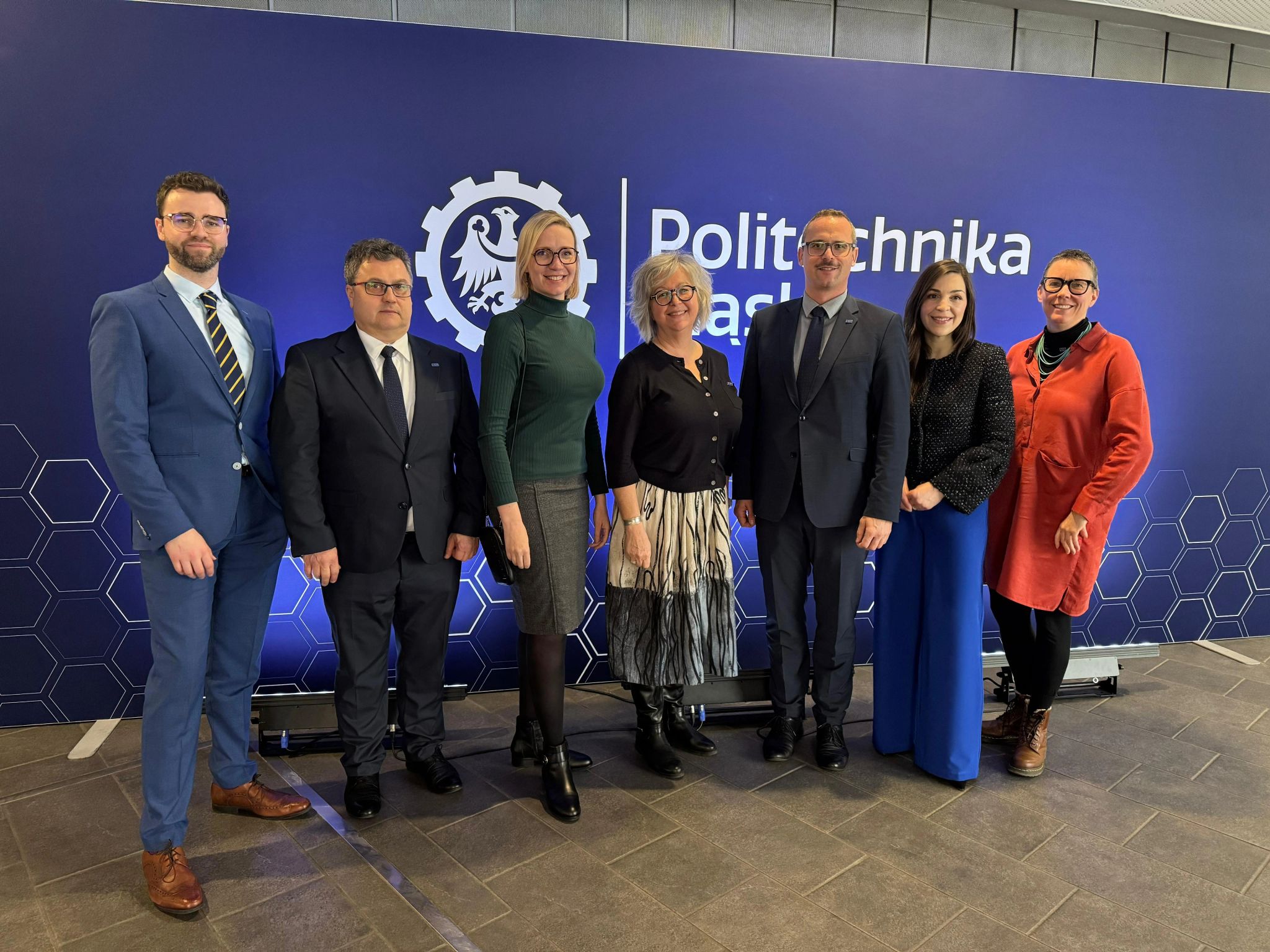We are excited to announce that registrations for the 53rd SEFI Annual Conference are now…

It is an issue around the globe, including in China that the ‘pipeline’ leading to STEM occupations begins to ‘leak’ after graduation, and the leakage tends to be much more severer for women. Among STEM disciplines, engineering can be the one with the largest gender gap but be regarded as an afterthought by educators and researchers (Moote et al., 2020). Against the above background, my PhD research focuses on the experiences and career choices (inside or outside engineering) of female engineering undergraduates from different socioeconomic status (SES) backgrounds in China.
Gender-STEM stereotypes are regarded as an essential element in reducing women’s aspirations in pursuing a career in counter-stereotypic disciplines. Gender stereotyping can be transferred and (re) produced implicitly and explicitly through daily interactions such as schooling and parenting (Beddoes, 2021). Specifically for female engineering students at university, they have to tackle the probability that their performance might confirm the perceived stereotypes of women’s low talents for engineering subjects. The climate in engineering programs at campus can also be chilly for women due to the male-dominated environment (Blickenstaff, 2005; Walton et al., 2015). Family background is also emphasized by existing literature as a factor affecting engineering subjects and career choices of students, as they can be influenced by parents, acting as guides and role models via constant verbal communication and behavioral demonstration (Balakrishnan and Low, 2016).
Science capital (see Archer et al., 2012; Moote et al., 2020) is a core concept guiding my research to explore how family SES intersects with gender to affect engineering career choices. It refers to science-related forms of habitus, cultural capital, and social resources. Applying science capital to empirical research in the UK, a higher level of science capital is associated with higher science aspirations. Science capital is unevenly spread across the population and is largely mediated by gender, class, and ethnicity – students from socially privileged communities are often more exposed to it. If women are given a higher level of science capital, they could be more agentic to react against social constraints brought by gender stereotypes. I thus regard science capital as one form of expressing SES, which has implications on individual agency.
Under the Foucauldian conceptualization of power and structure, human beings are not simply under-goers of social experiences; instead, they take agentic actions in exploring and manipulating the structural environment. Agency and structure are not dualistic as they shape and are shaped by each other in a spiral, dynamic and conjoined manner of structuration (Fu and Clarke, 2020). From a post-structuralist perspective, this study particularly emphasizes the role of social constructions and how female engineering students response, in different ways, to the social structures in Chinese societies.
In regard to methodology, my research follows an explanatory mixed-methods research design, including a survey and interviews. The survey was completed by 607 Chinese engineering undergraduates at Chinese Universities and created a quantitative descriptive landscape that situates the qualitative element of the study. A descriptive analysis of the survey data has been conducted via SPSS. Semi-structured interviews were conducted with 24 female engineering newly graduates to explain the underlying complexities of the quantitative discourse. Thematic analysis has been applied to the interview data via NVivo to reveal how individuals make sense of their experiences and choices. Currently, I am engaged in the ongoing process of data analysis, but after I manage to integrate the quantitative and qualitative findings, I would like to share the outcomes of my study in future editorials facilitated by SEFI.
Overall, this research particularly looks at gender and SES because they are recognized as intersectional characteristics that co-shape individual dispositions. Nevertheless, in China, there is a lack of indigenous research on how engineering career choice decisions can be shaped by the intersectionality of gender and SES. Exploring Chinese contexts can add to the existing global landscape of STEM women studies. Also, the concept of science capital has overwhelmingly been explored and applied within the contexts of compulsory education in Western countries, but less is known about whether and how science capital can shed light on post-compulsory engineering participation and career choice in China. My study thus adds new insight into the conceptualization of science capital from culturally-sensitive theoretical perspectives.


